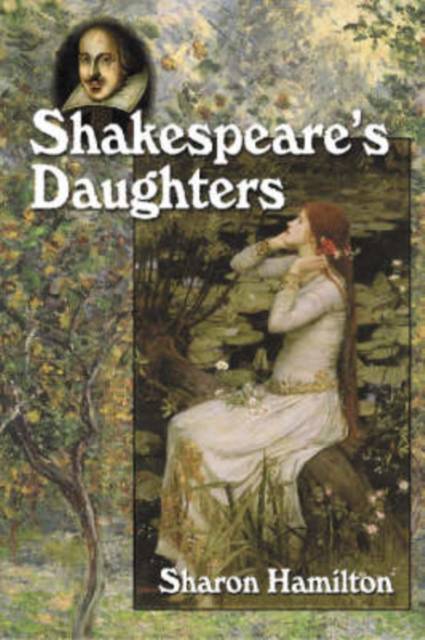
- Afhalen na 1 uur in een winkel met voorraad
- Gratis thuislevering in België vanaf € 30
- Ruim aanbod met 7 miljoen producten
- Afhalen na 1 uur in een winkel met voorraad
- Gratis thuislevering in België vanaf € 30
- Ruim aanbod met 7 miljoen producten
Omschrijving
The father-daughter relationship was one that Shakespeare explored again and again. His typical pattern featured a middle-aged or older man, usually a widower, with an adolescent daughter who had spent most of her life under her father's control, protected in his house. The plays usually begin when the daughter is on the verge of womanhood and eager to assert her own identity and make her own decisions, especially in matters of the heart, even if it means going against her father's wishes.
This work considers Capulet in Romeo and Juliet as an inept father to Juliet and Prospero in The Tempest as an able mentor to Miranda; Hermia in A Midsummer Night's Dream, Jessica in The Merchant of Venice and Desdemona in Othello as daughters who rebel against their fathers; Hero in Much Ado About Nothing, Lavinia in Titus Andronicus and Ophelia in Hamlet as daughters who acquiesce; Bianca in The Taming of the Shrew and Goneril and Regan in King Lear as daughters who cunningly play the good girl role; Portia in The Merchant of Venice, Viola in Twelfth Night and Rosalind in As You Like It as daughters who act in their fathers' places; and Marina in Pericles, Perdita in The Winter's Tale and Cordelia in Lear as daughters who forgive and heal.
Specificaties
Betrokkenen
- Auteur(s):
- Uitgeverij:
Inhoud
- Aantal bladzijden:
- 191
- Taal:
- Engels
Eigenschappen
- Productcode (EAN):
- 9780786415670
- Verschijningsdatum:
- 8/04/2003
- Uitvoering:
- Paperback
- Formaat:
- Trade paperback (VS)
- Afmetingen:
- 156 mm x 225 mm
- Gewicht:
- 263 g

Alleen bij Standaard Boekhandel
Beoordelingen
We publiceren alleen reviews die voldoen aan de voorwaarden voor reviews. Bekijk onze voorwaarden voor reviews.











